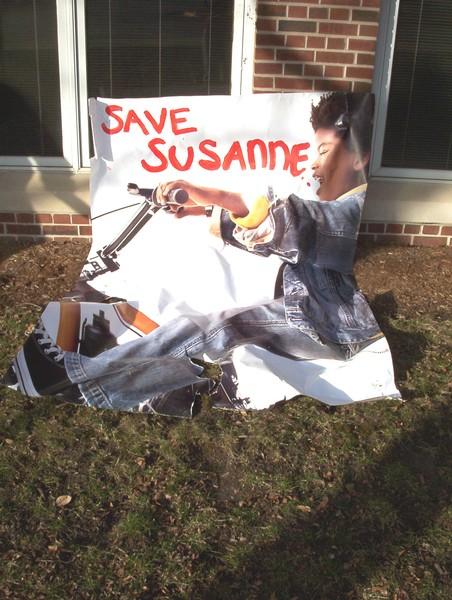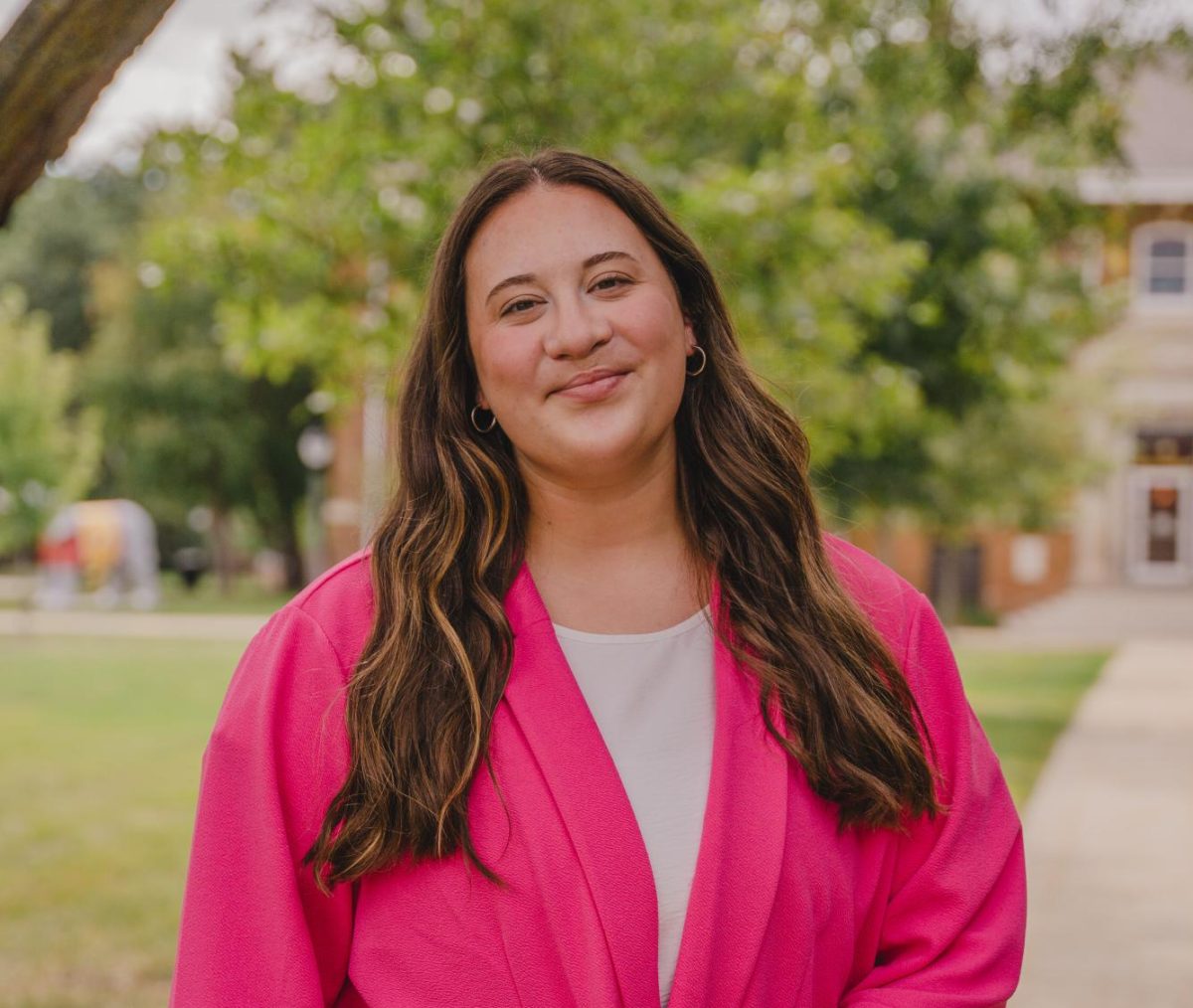Professor given one more year

February 4, 2006
Susanne Gubanc, assistant professor of communications, has been removed from tenure track and has been offered a terminal contract due to expire at the end of the 2006-2007 calendar year.
Gubanc, who has been at Simpson for three years, wouldn’t comment on the situation.
“I have been advised by legal counsel not talk about my case as I am in the appeal process,” Gubanc said.
Gubanc learned of the change in mid-October. She said Professor Brian Steffen, the chair of the department, told her he wouldn’t recommend her for reappointment but would request that she be offered a one-year terminal contract instead.
Gubanc said Academic Dean Bruce Haddox informed her of the decision on Jan. 9. At that time, Haddox also told her she had the option to appeal the decision to the Faculty Personnel Committee or to President John Byrd.
Steffen declined to comment on the situation.
“I can’t comment on whether she’s been reappointed to a one-year contract because that process is still working its way through,” Steffen said. “I’m not even permitted to comment on what my recommendations were for her.”
Haddox said student evaluations, self evaluations, chair evaluations and peer evaluations all play a role in the reappointment process.
Junior Natalie Meier said the current method of student evaluations, Scantrons and open-ended questions, are an inept way of judging a professor.
“They are given at the end of classes and students hurry through them,” Meier said. “Sometimes when a professor is difficult, students give them a bad evaluation, and it may not be the case that the professor is bad.”
Haddox said the decision is a collaborative effort.
“It’s got to be done by multiple voices, so it’s just not one person,” Haddox said.
The process begins with the junior-faculty member requesting reappointment if he or she wishes. In October, the department chair makes a recommendation to the division head, who suggests a course of action to the FPC. Then in November, the FPC makes a recommendation to the administration and the trustees vote on it.
Haddox said reappointment occurs every year for faculty who aren’t tenured, so the college has a chance to evaluate their progress.
“In reappointment the issue is [whether] we want to reappoint this person for next year,” Haddox said. “Is this person making enough progress, is he or she doing what we want to be reappointed for another year? Reappointment issues are about the next year, but the context is also the longer future.”
Haddox said as the years go by, the college has more of a history to consider when evaluating a professor.
Gubanc’s one-year contract will end after next year because she is no longer in a tenure-track position. When someone is on tenure track, his or her contract is usually renewed every year. The same process of recommendations applies to tenure-track positions, but the college has to make a final decision to grant or deny tenure to a professor in his or her seventh year here.
Haddox said if any faculty member is taken off tenure track, he or she must be given a year’s notice about the school’s decision. That is, the college is required to tell the faculty member that in a year he or she won’t be an employee anymore.
Haddox couldn’t comment on the specifics of Gubanc’s situation.
“In terms of this particular case about why or why not, it’s a personnel decision and I can’t say anything,” he said.
Meier thinks reappointment should be more than a personnel decision. She said students should be more involved in the tenure process, and suggested two students from the department should have some say.
“I definitely think there should be a student representative involved in the tenure process,” Meier said. “I think it should be up to the students because we have the professors in class.”
But Haddox said the formal evaluations and Scantrons are a good way to judge student input.
“Students can judge whether somebody is an interesting teacher, whether they’re good in the classroom, whether they’re friendly, whether they’re supportive, Haddox said. “That’s very important and that’s why we have [formal evaluations and Scantrons]. We want to know how these people relate to students.”
Meier said the process needs change.
“It’s hard to judge a professor by a Scantron,” Meier said.
Gubanc didn’t say if the process needs change, but she welcomes all viewpoints on this situation. But the third-year faculty member hopes something can be worked out so she can continue to work at Simpson.
“I care very deeply about the students at Simpson and the people I work with and this community in general,” Gubanc said. “I bought a house here and I’m committed to this institution. I went on tenure track because I wanted to finish out my career at Simpson.”
Gubanc said she hopes this situation can be resolved so that it’s a “win-win” for all.
“I am of course very disappointed where we’re at right now, but I hope we can come to a solution that serves us all well and keeps me here at Simpson for many years.” Gubanc said.




